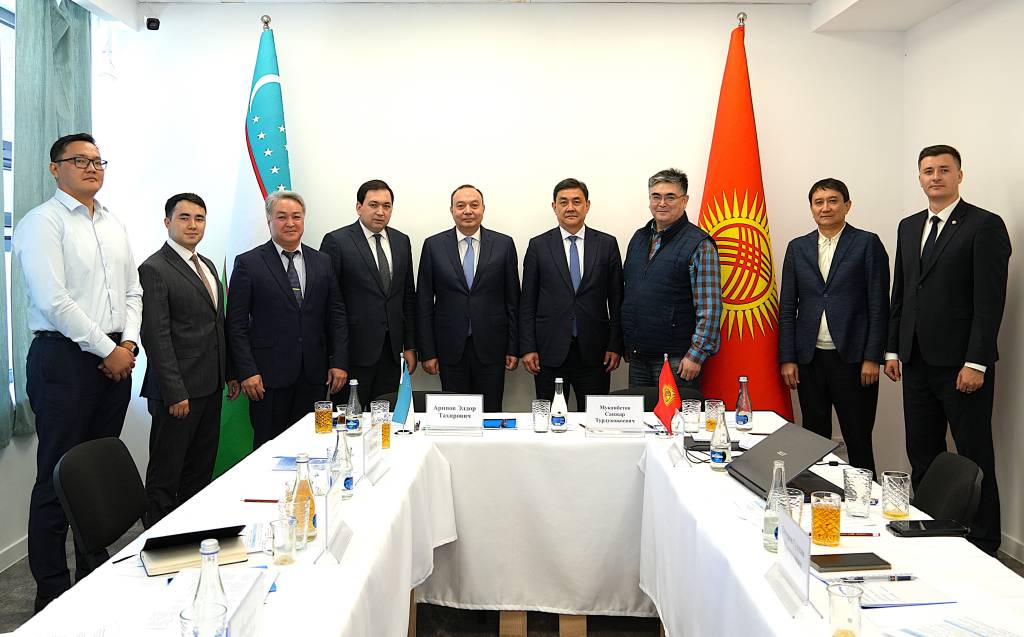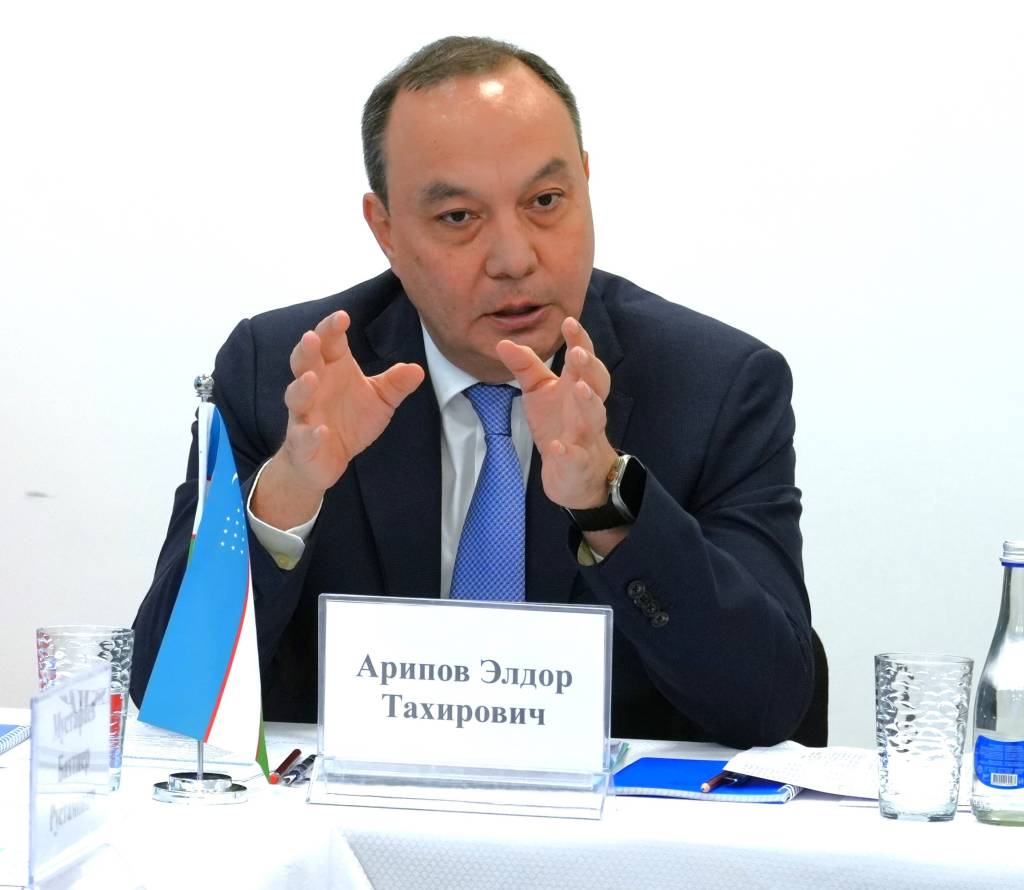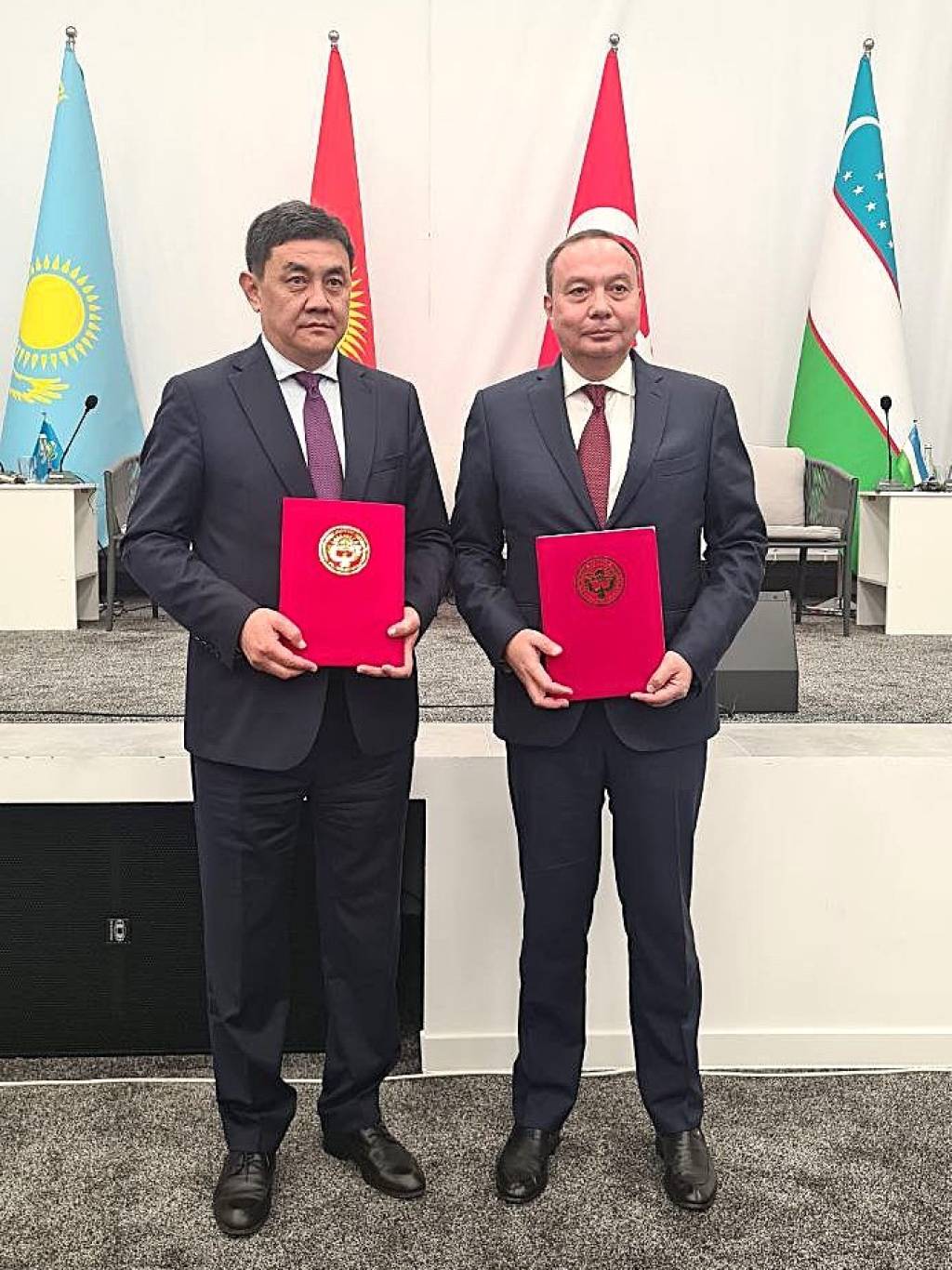
On September 24, in Cholpon-Ata, a delegation of Uzbekistan led by the Director of the Institute for Strategic and Regional Studies under the President of the Republic of Uzbekistan (ISRS) Eldor Aripov took part in the first meeting of the Uzbekistan – Kyrgyzstan Expert Council.
The event, organized by ISRS jointly with the National Institute for Strategic Initiatives under the President of the Kyrgyz Republic, was attended by representatives of expert-analytical and scientific-academic circles of Uzbekistan and Kyrgyzstan. Experts from the Azerbaijani Center of Analysis of International Relations were also among the guests.
It should be noted that the Memorandum on establishing the Uzbekistan – Kyrgyzstan Expert Council was signed on July 30 this year. The establishment of the Council has become an essential mechanism for expert support of the practical implementation of the agreements reached following the results of the Uzbekistan – Kyrgyzstan Summit held on July 18-19.
The main agenda of the first meeting of the Expert Council was to discuss the results of the recent state visit of President Sadyr Zhaparov to Uzbekistan, as well as the search for new points of expert interaction soon.
In his welcoming speech, ISRS Director Eldor Aripov emphasized that the summit of the leaders of Uzbekistan and Kyrgyzstan was significant in many ways.

An important decision was made to form an Interstate Council designed to give political dialogue a systematic and regular character.
According to him, breakthrough agreements were reached to develop long-term cooperation in strategically important areas such as energy, transport, and light industry.
Eldor Aripov focused on the positive dynamics of the development of trade and economic cooperation between the two countries. According to him, to double the trade turnover, the heads of the two states adopted an Action Plan to increase the volume of mutual trade for 2024-2030, which provides for the creation of trading houses in the capitals and the formation of portfolios of export-import contracts.
At the same time, the representative of the ISRS particularly noted that today, citizens of the two countries already feel the intensive and progressive nature of bilateral interaction and receive tangible benefits from it.
In particular, two more border customs checkpoints were opened on the border of Uzbekistan and Kyrgyzstan: Uchkurgan-Kensai, connecting the Namangan and Jalal-Abad regions (with an average throughput of 10,000 people, more than 500 trucks and more than 300 cars per day), and Karasu-Kara-Suu, connecting the Andijan and Osh regions (with an average throughput of 12,000 people per day), which had been closed since 2010.
According to the ISRS Director, the latter’s opening creates significant conveniences for Kyrgyzstan’s citizens. For example, if previously the route from Osh to Jalalabad region through the territory of the Kyrgyz Republic was 120 km, now it can be reduced to only 19 km due to transit through the territory of Uzbekistan.

In turn, the Director of the National Institute for Strategic Initiatives, Sanjar Mukanbetov, noted that relations between Uzbekistan and Kyrgyzstan are currently at an unprecedented level. According to the expert, it is extremely important to preserve and increase the achievements that have become possible thanks to the established union and sincere and trusting relations between the heads of state.
At the meeting, the parties exchanged thorough views on the future prospects for building mutually beneficial cooperation between the two countries. Special attention was paid to the need for a more detailed study of issues of deepening industrial cooperation and complementarity of economies.
Following the meeting, the parties expressed their readiness to continue working together to find new directions and drivers for developing cooperation between Uzbekistan and Kyrgyzstan. For these purposes, the Action Plan of the Expert Council for 2025 was signed.
The plan provides for participation in joint events, preparation for the upcoming 8th meeting of the Central Asian Expert Forum, and cooperation in other promising areas of mutual interest.
UzA








